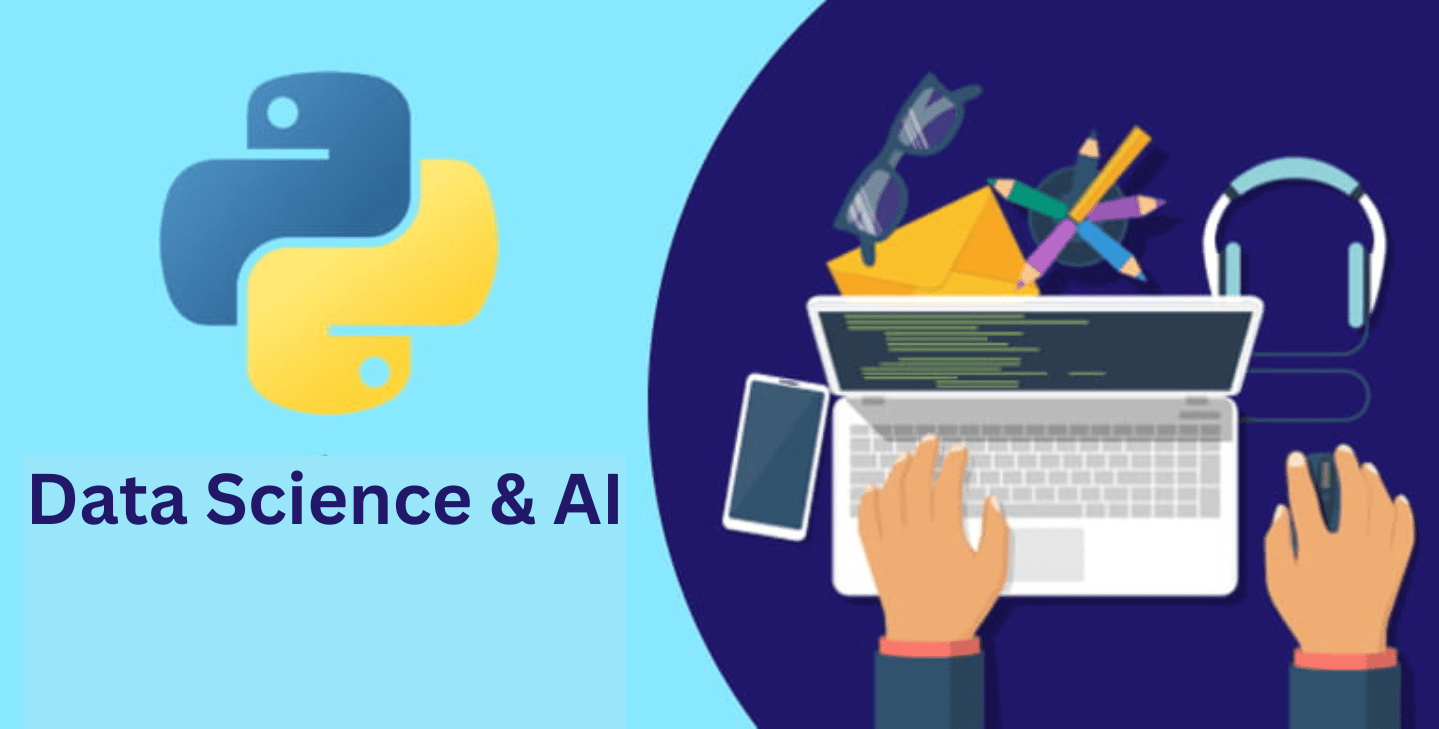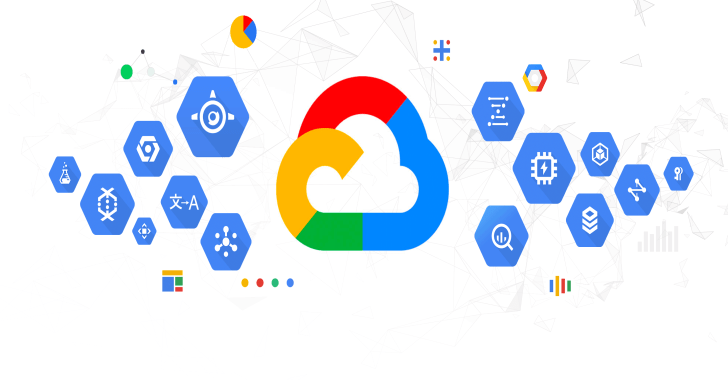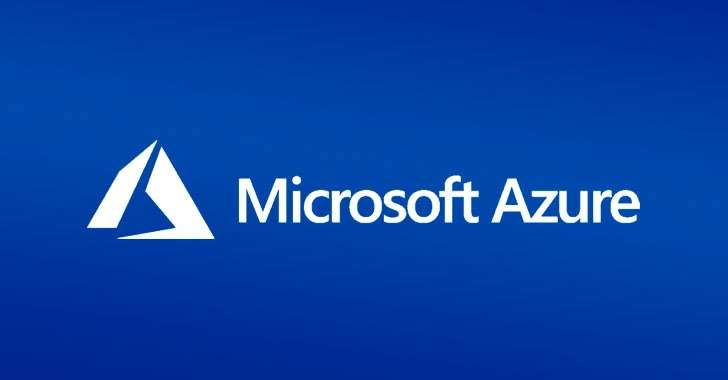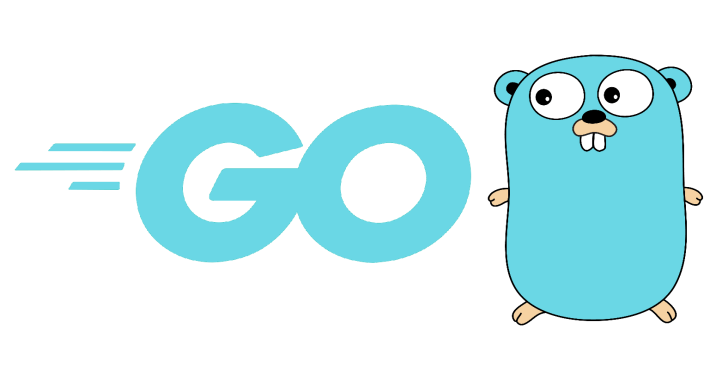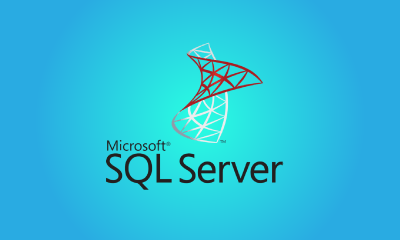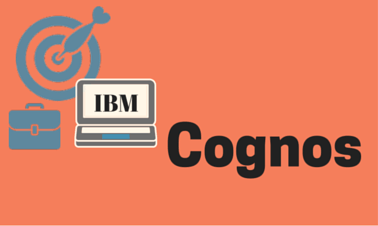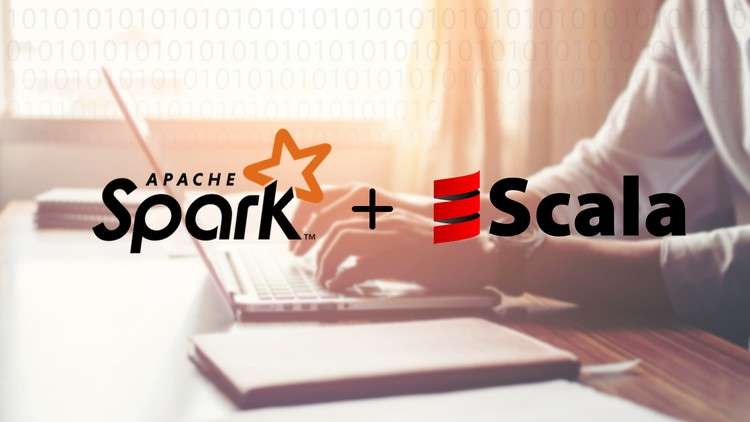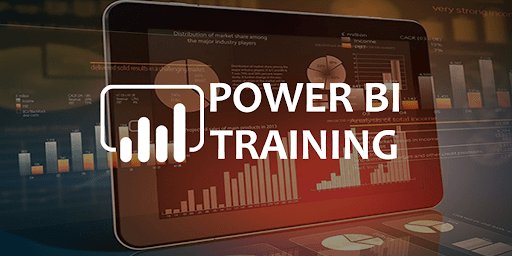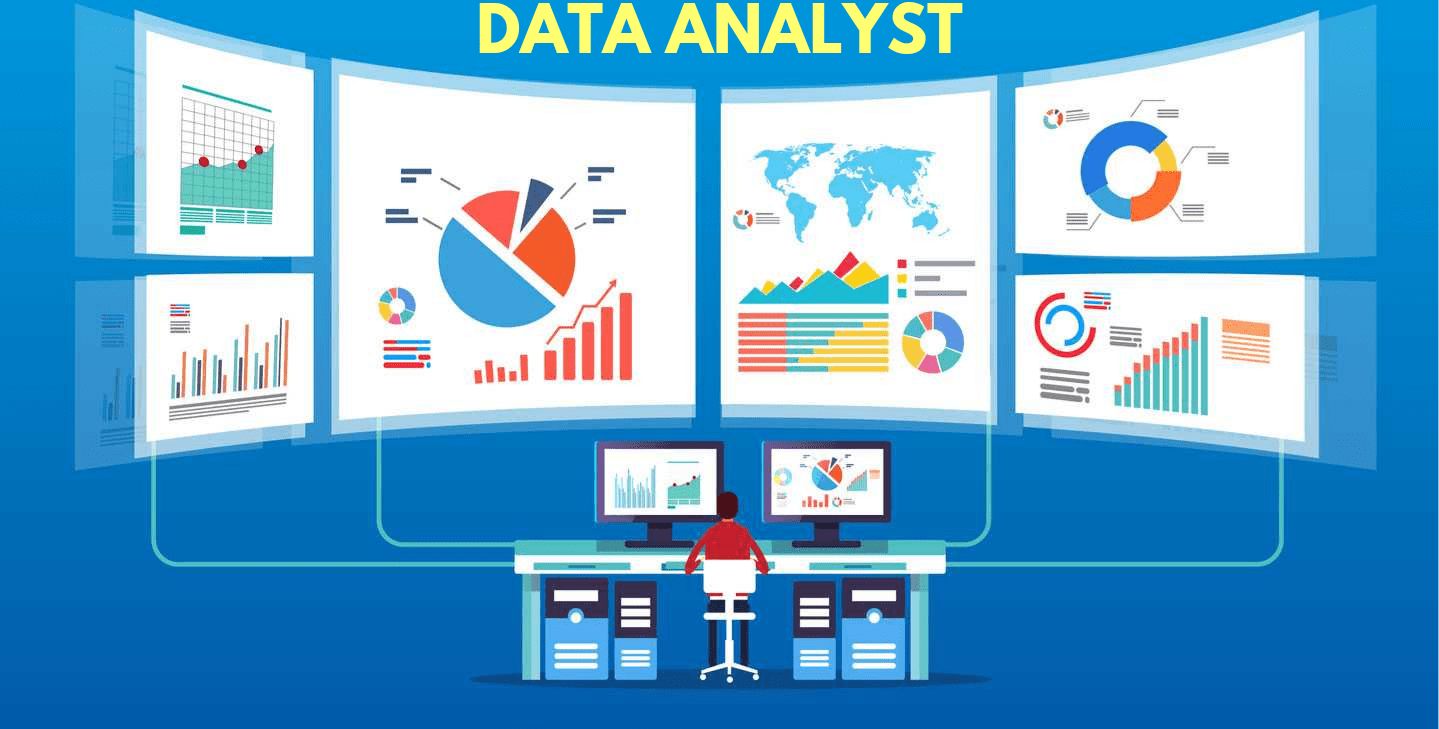Power Platform
52% salary Hike
83% Happy with Outcome
1200+ Learners Have Trusted Us

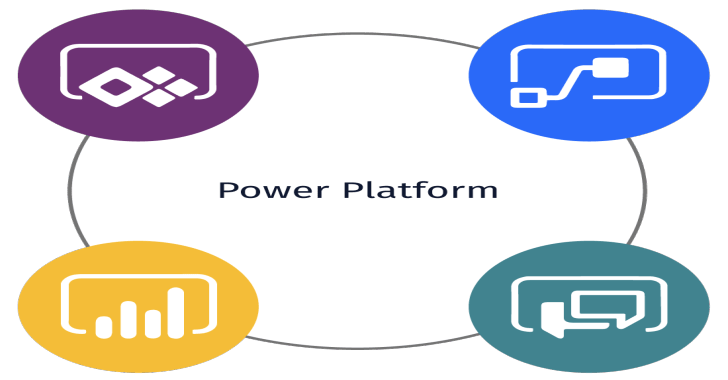
5 Rating ⭐⭐⭐⭐⭐
Power platform suitable for business analysts, developers, IT professionals, and anyone looking to leverage the Power Platform to drive digital transformation in their organization.
Power Platform Certification Training Course
Power Platform Certification Training courses are designed to help individuals and organizations leverage Microsoft’s Power Platform effectively. The Power Platform consists of four key products: Power BI, Power Apps, Power Automate, and Power Virtual Agents.
Course Content
- Downloading Power BI Desktop
- Identify available types of data sources including
- Microsoft Excel
- Creating our first visualization
- Describe and implement aggregate functions
- Identify and describe uses for visualization controls – basic types Describe how AI Insights helps identify anomalies and trends in data
- Describe types of filters
- Loading queries into the Power Query Editor
- Menus in Power Query Editor Clean and transform data
- Combine multiple data sources
- Describe the Power BI Desktop Reports, Data, and Model tabs Design data layout and mapping
- Publishing to the Power BI Service
- Getting a free work email address for India
- Why do I need a Work email address?
- And how can I get one, if I don’t have it? A quick look around the Power BI Service
- Power BI Terminology: data sources, semantic models, reports and dashboards
- Power BI Terminology: workspaces and apps
- Compare and contrast Power BI Desktop and Power BI Service
- Design a Power BI Dashboard, including adding visuals by using Q&A Compare and contrast and publish reports, dashboards, workspaces
- Paginated reports Create a Power BI report Describe options for viewing Power BI reports and dashboards
- Introduction to Power Apps, incl. canvas and model-driven apps
- Signing up for PowerApps
- Creating our first canvas Power App
- Describe Environments
- Environments and our first Power App
- The Power Apps User Experience
- Tables
- Columns and Relationships, and describing people, places, things
- The difference between databases and Dataverse
- Solutions
- Business Rules
- Real-time workflows and actions
- Dataflows
- The Dataverse (Common Data Service)
- Templates, including types of data sources and multiple data sources
- Connect to data by using connectors, premium licensing options
- What does the end-user see?
- Use controls to design the user experience
- Components
- Formulas
- Using Copilots with canvas Power Apps
- Build responsive pages by dragging and dropping containers
- Canvas Apps
- Modify views
- Modify forms
- Charts and Dashboards
- Model-driven app update
- Creating our first model-driven app, adding tables to app navigation
- Model-driven apps
- Intro, incl. flow types, templates, connectors, triggers
- Power Automate use cases for Microsoft Teams, Outlook, SharePoint, Forms
- Creating, modifying and running an instant (button) flow
- Creating an automated flow template with a condition and expression
- Creating a scheduled flow, using an Apply to Each loop
- Other flow controls, such as Switch and Do Until
- Approvals and Business Processes
- Identify use cases for custom connectors
- Describe the Power Automate portal and mobile
- Describe the Power Automate Desktop
- Describe Process Mining and Task Mining
- Describe how to create cloud flows by using Copilot in Power Automate
- Uses and where you can publish chatbots, creating our first chatbot
- Test a chatbot
- Topics, entities and actions
- Looking at topic conversation flowcharts
- Creating a topic, using nodes, conditions, and trigger phrases
- Create topics from existing FAQs by using Suggest Topics
- Publish a chatbot
TOP Companies hiring Power Platform

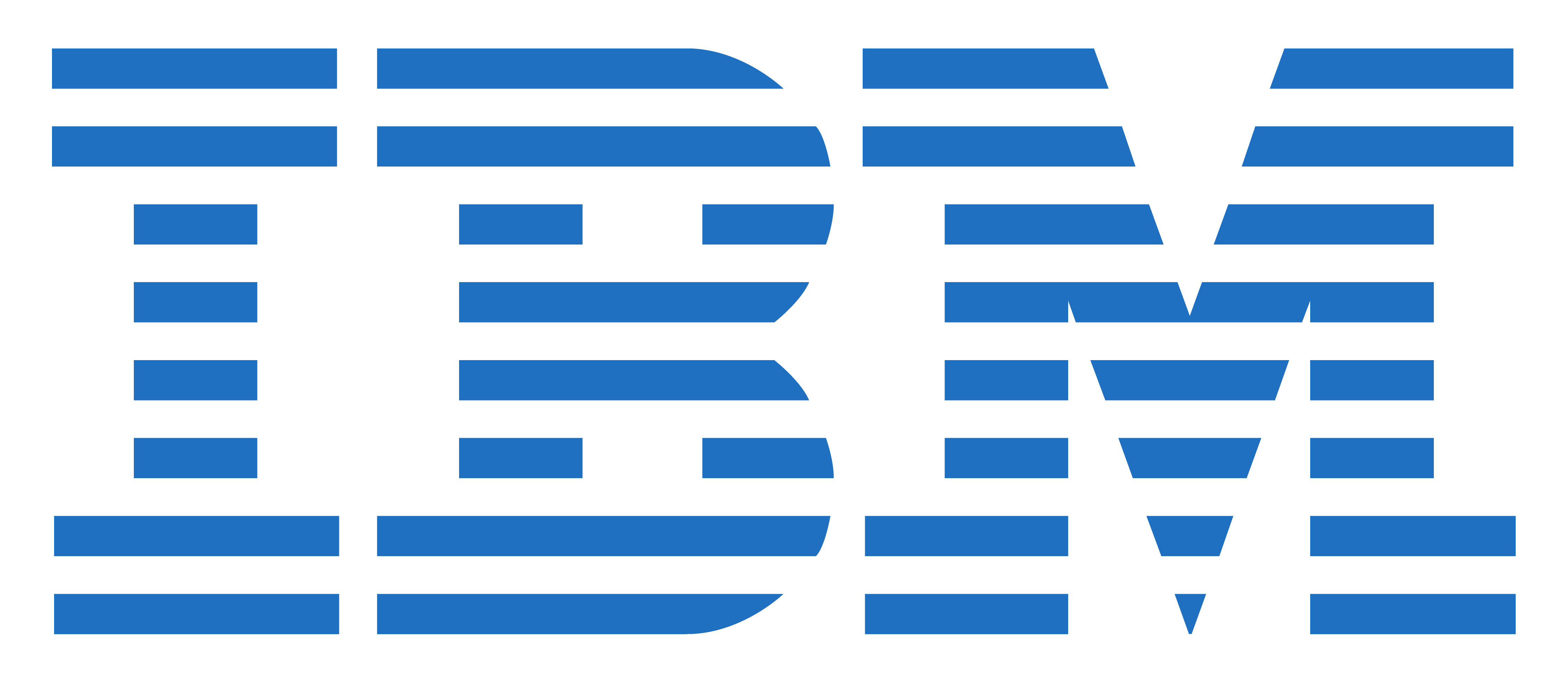

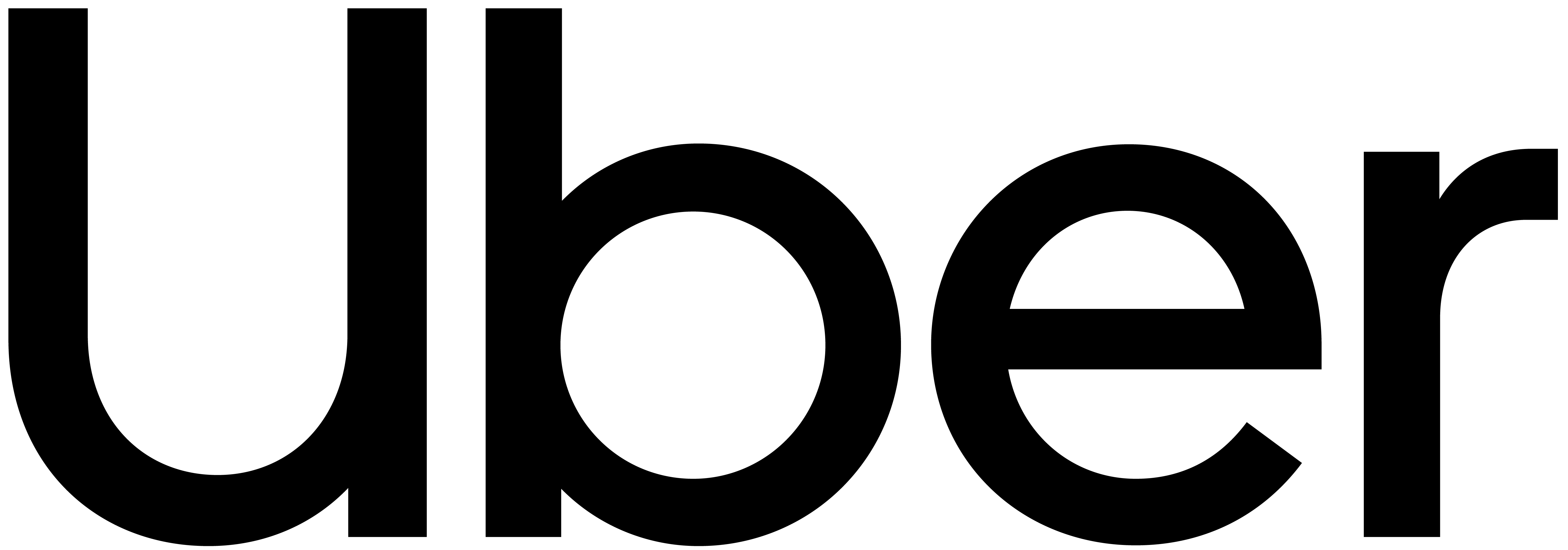
Previous
Next
Power Platform Certification Course Overview
A Power Platform Certification Course provides comprehensive training on Microsoft’s Power Platform, including Power BI, Power Apps, Power Automate, and Power Virtual Agents.
Power Platform Training Key Features
- Comprehensive Curriculum
- Industry-based projects for experiential learning
- Dedicated live sessions by faculty of industry experts
- Lifetime access to self-paced learning content
- Industry-recognized course completion certificate
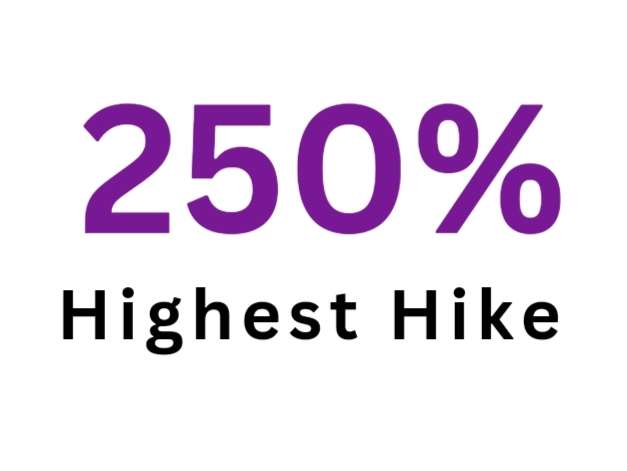
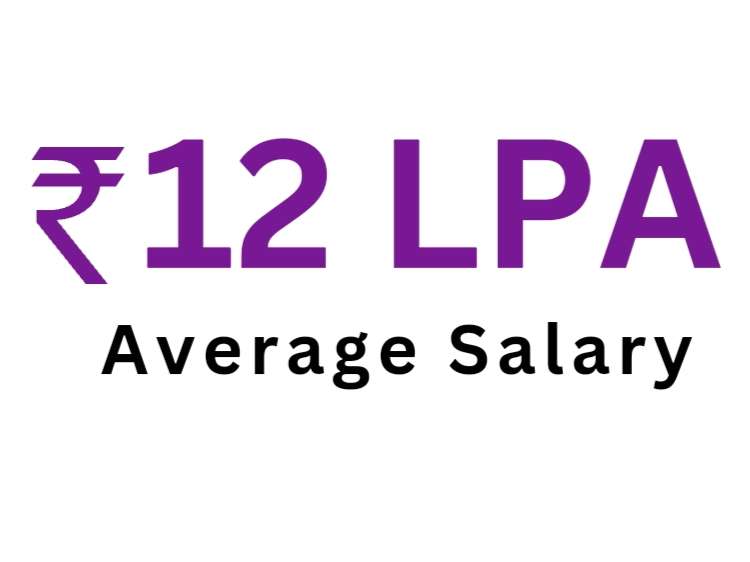
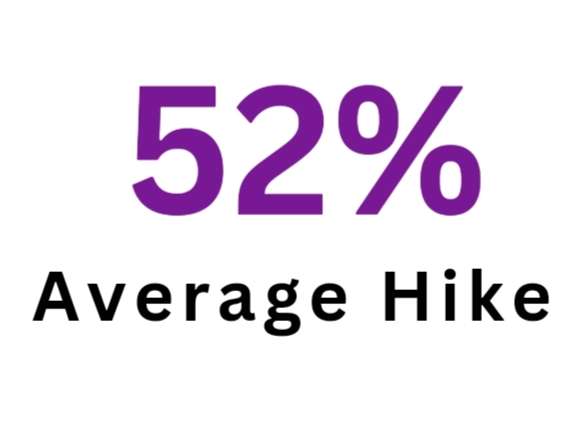
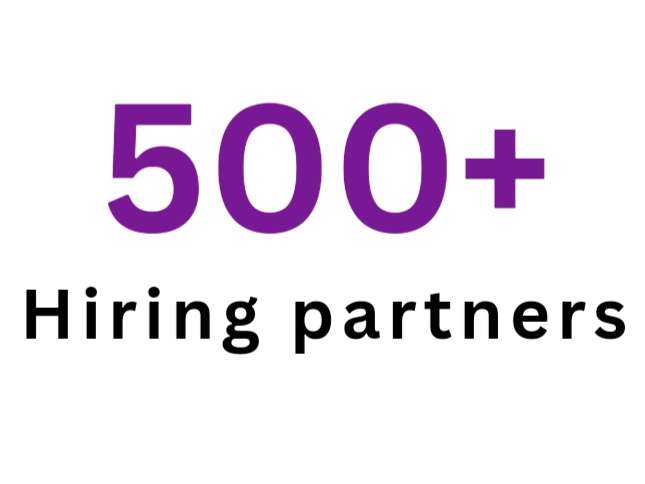
Previous
Next
Skills Covered
- Power BI
- Power Apps
- Power Automate
- Power Virtual Agents
- App Development
- Workflow Automation
- Data Analysis
Google Reviews
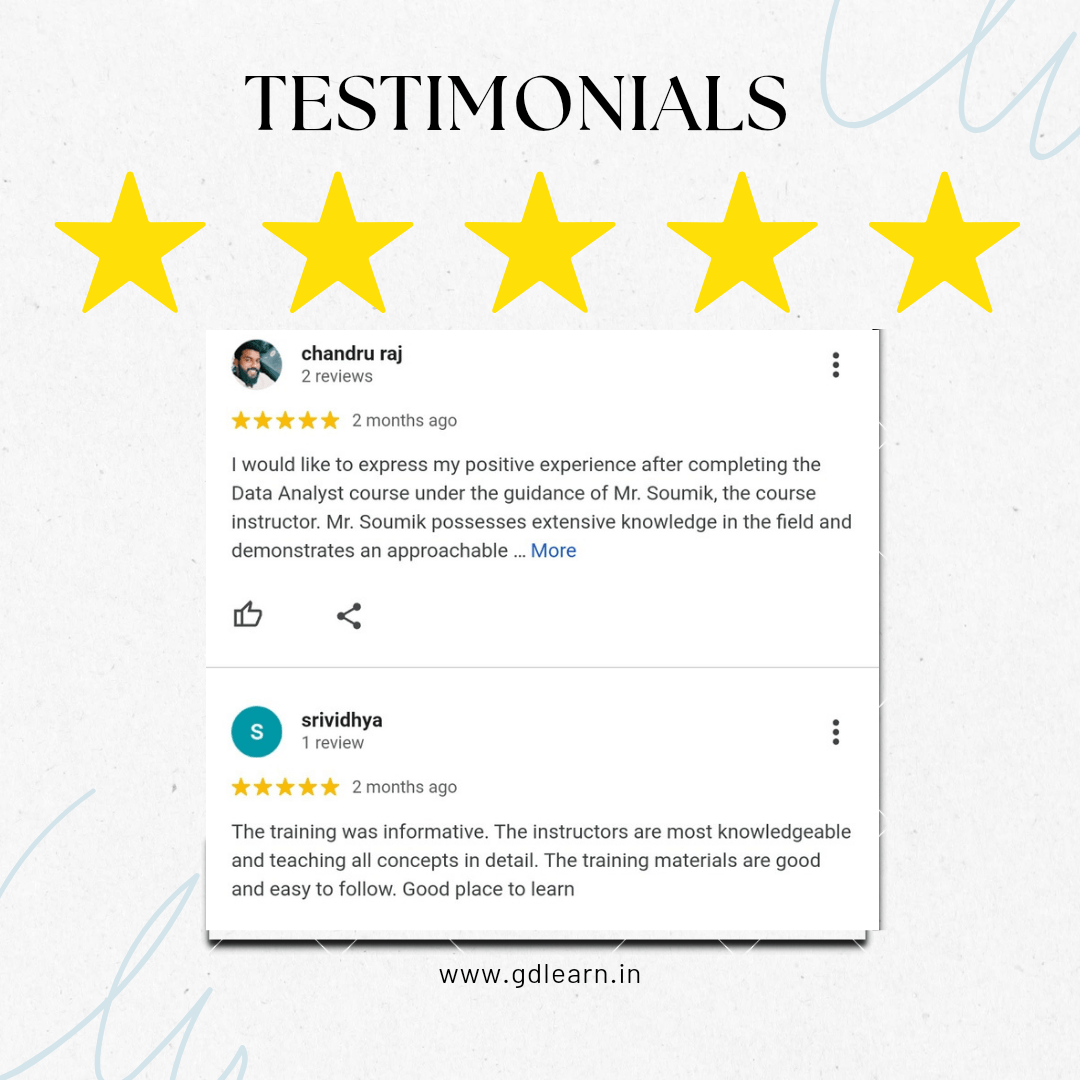
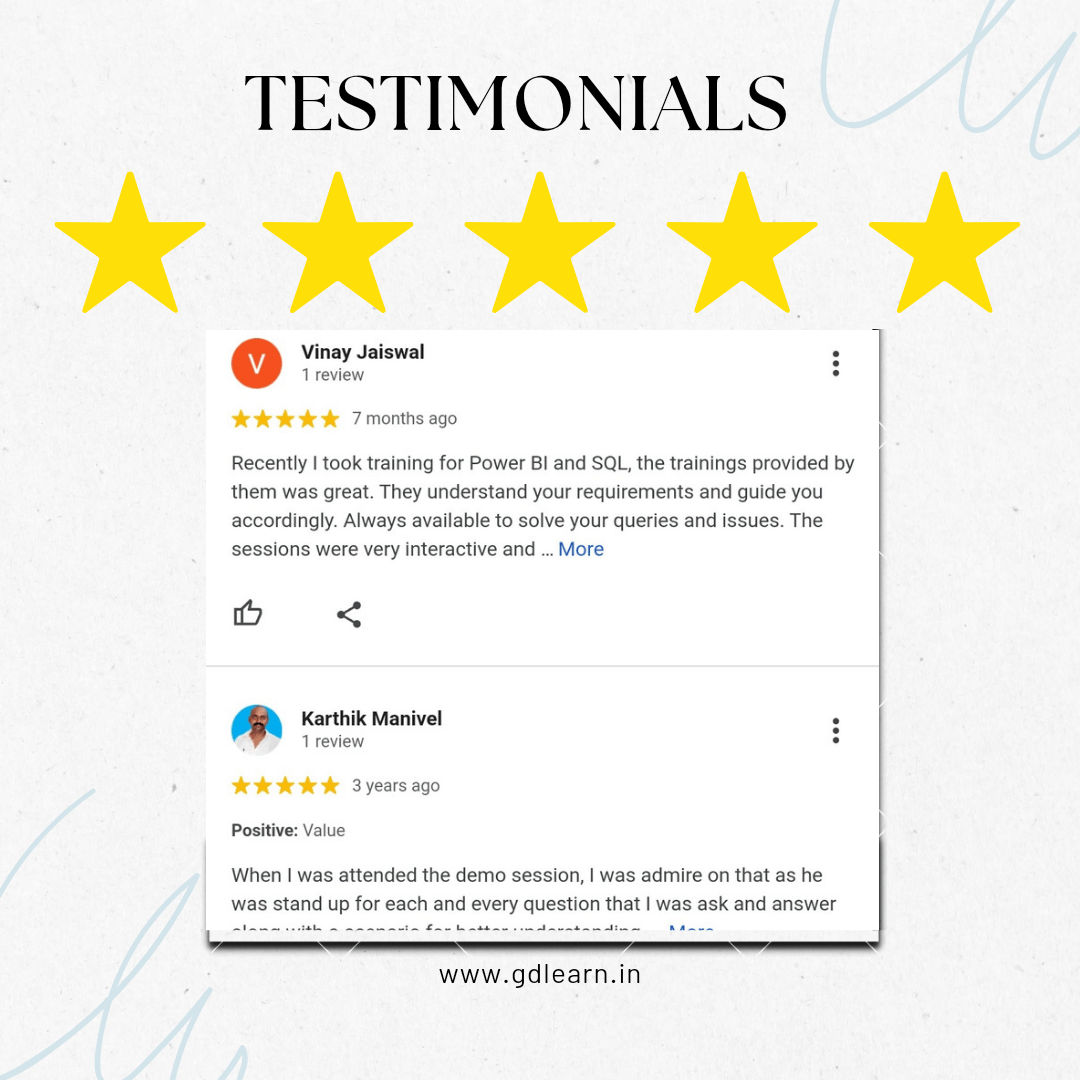
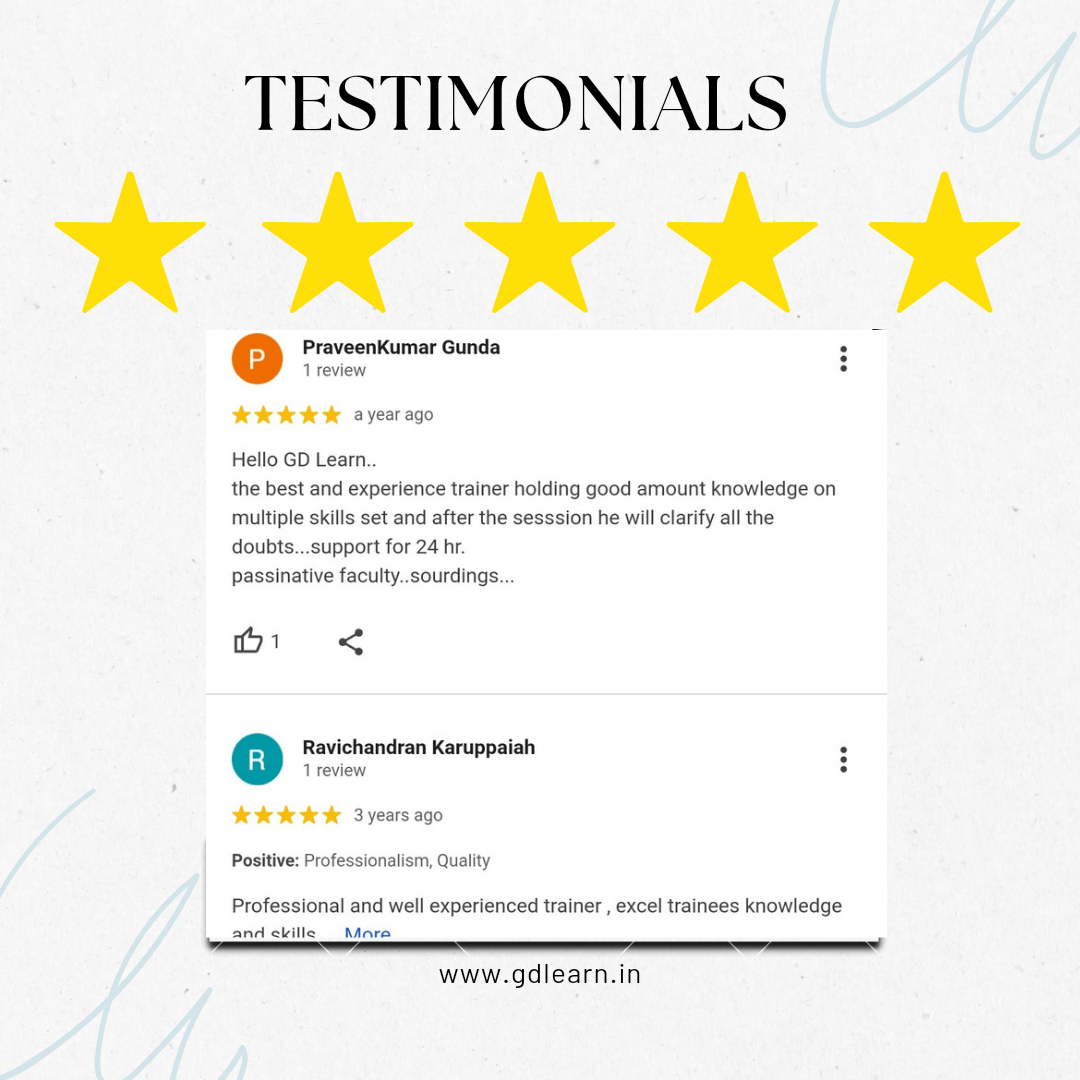
Explore Training Program
In Group
- Learners can share insights, ask questions, and engage in discussions, fostering a collaborative learning atmosphere.
- Courses are typically designed with a set curriculum that aims to meet the learning objectives of the group as a whole.
- Training sessions are scheduled at predetermined times, which can help learners maintain a consistent learning routine.
One on One
- The trainer focuses solely on one student, allowing for immediate feedback, personalized guidance, and a learning pace that suits the individual.
- One-on-one training often comes with the flexibility to schedule sessions at times that are most convenient for the learner, accommodating their personal and professional commitments.
Weekend Batch
- Classes are usually held on weekends, making it convenient for those who are busy during the weekdays.
- Since the classes are on weekends, the training sessions might be longer than typical weekday classes, aiming to cover the syllabus efficiently over a shorter period.


